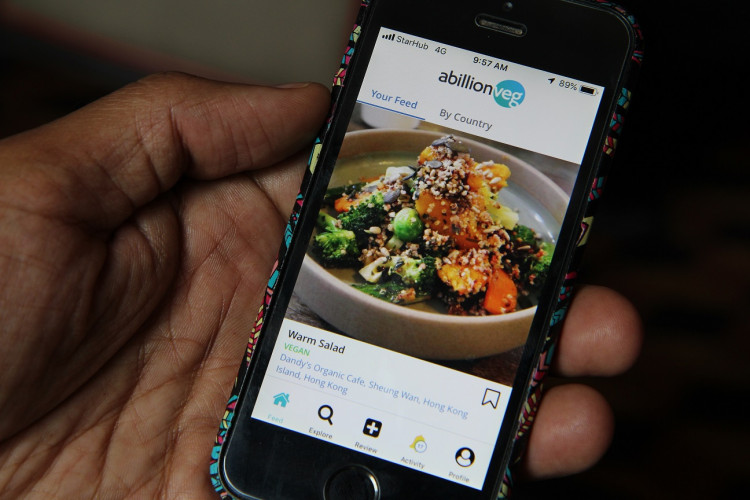Most of the snacks we eat these days are energy-dense and packed with empty calories. A lot elicit a weak satiety response as well. This is the reason why we snack a lot, and while fun, this activity contributes nothing to our health. In fact, it can be detrimental.
In a new study published in The Journal of Nutrition, the researchers concluded that snacking on highly nutritive snacks low on sugar, such as hummus, can result in improvements in appetite, glycemic control, and overall diet quality.
The main ingredient in hummus is chickpeas, which are mashed and mixed with lemon juice, olive oil, tahini, and spices to produce a tasty dip. Served with whole-grain pita chips or veggies, hummus works great as a healthy and filling appetizer or snack.
The goal of the new study was to determine whether a hummus snack that's low in sugar compared with a common high-sugar snack improves satiety, appetite, glycemic control, and diet quality compared with no snacking in healthy adults.
The research team, composed of experts from the University of Texas and Purdue University, used a crossover study design, randomly assigning participants to different kinds of snack patterns. One group had granola bars, one had hummus and pretzels, and the last group, no snacking.
By the seventh day of each pattern, the volunteers were given a standardized breakfast and lunch. Three hours after lunch, the respective snack was given, at which time appetite, satiety, and mood questionnaires were completed. Three hours after the snacks were given, they were given a standardized dinner.
The results of the study consistently concluded that snacking on hummus reduced cravings and eating desserts by up to 20% compared with no snacking. Eating hummus as snacks resulted in better dietary compensation, which means the adjusted energy intakes in response to previous food consumption, compared with granola bars.
Compared to not consuming snacks, those snacking on hummus scored lower on measures of appetite. They also showed better satiety by 30% compared with snacking on granola bars and no snacking at all.
The result of the study suggests that eating afternoon snacks low in sugar, such as hummus, improved diet quality by reducing cravings and consumption of sugary snacks and in addition, snacking on hummus improved satiety, appetite, and mood compared with high-sugar snacking.
In conclusion, eating low sugar snacks daily containing hummus might be one of the easiest ways to improve health outcomes in adults.






